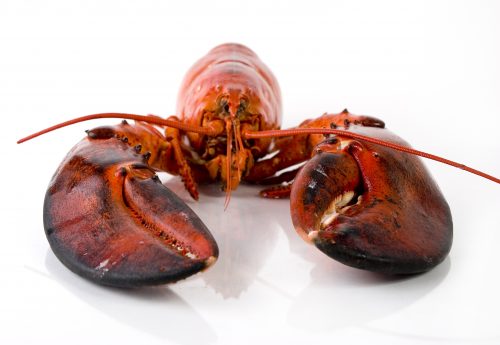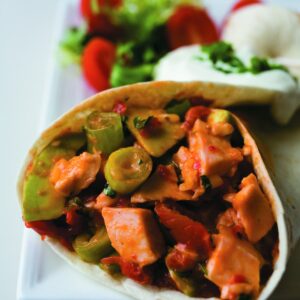
Why crustaceans and shellfish are so good for us.
Despite living in a long narrow land surrounded by pristine oceans, many of us don't eat a lot of shellfish.
As a rich source of some of the nutrients we could be lacking, it might be time to have another look at including more shellfish in your diet.
Iodine
Iodine is an essential nutrient needed for growth and development, as well as mental function.
Foods we grow in New Zealand are low in iodine because our soils are low in iodine. That's why our salt was originally iodised in the 1920s.
These days we don't use added salt as much as we used to, and along with some other changes in our food supply, this means our consumption of iodine has been falling for a number of years.
Seafoods are a rich source of iodine so including shellfish in your diet will help your iodine intake.
Iron
Iron is essential for brain development in children, and it's also needed for oxygen transport in our blood which is why we can feel fatigued if we're low in iron.
Some women need so much iron they can find it difficult to get enough.
Animal sources, including shellfish, supply haem iron which is the most readily absorbed form.
Mussels, oysters and canned shrimp are particularly good sources of iron.
Calcium
Many shellfish provide calcium, essential for strong bones.
Fresh shrimp are probably the best source: 1/2 cup of boiled shrimp has about the same calcium content as 1/2 cup of calcium-enriched milk.
Mussels, prawns and crab meat also provide useful amounts of calcium.
Selenium
Selenium is an important antioxidant and as a result of low selenium in our soils, Kiwis tend to have lower intakes than found in many other countries.
The good news is that shellfish are all an excellent source of selenium. No matter your preference – be it oysters, mussels, shrimps, clams, cockles, paua, pipi or scallops – all will give you a healthy selenium boost.
Zinc
This element is important for growth, wound healing and immune function.
Oysters are so rich in zinc, a half dozen will give you your daily requirement!
Crab meat and shrimps are also excellent sources but prawns, scallops and mussels all contain useful amounts.
Fats
Most shellfish contain less than 3 per cent fat – some virtually none – so they are a very low-fat source of protein in the diet.
We only need very small amounts of omega-3 fats and seafoods are the only source of the long-chain omega-3s (EPA, DHA and DPA) associated with heart and other health benefits.
Shrimps, oysters and mussels in particular are excellent sources of omega-3 fats.
While prawns have been given a bad wrap in some circles because they do contain cholesterol, it is apparent from studies of populations that eat large amounts that these are not harmful to health.
The highest consumption of prawns is in Asia, but their rates of coronary heart disease are very low.
www.healthyfood.com











